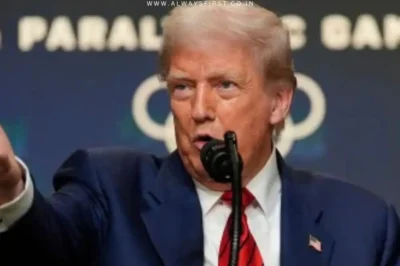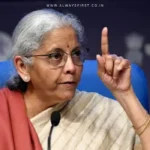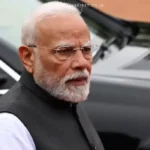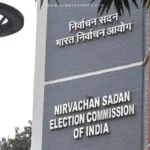Key Highlights
- 50% U.S. tariff on Indian goods sparks calls to boycott American brands.
- Political groups and entrepreneurs push for ‘Made in India’ alternatives.
- Consumer response mixed as brand loyalty challenges boycott momentum.
India is witnessing a surge in anti-U.S. sentiment following Washington’s decision to impose a 50% tariff on Indian exports. The move has fuelled campaigns urging consumers to ditch popular American brands, ranging from fast-food giants to tech behemoths, and embrace homegrown alternatives instead.
Supporters of the government and nationalist economic groups have taken to streets and social media to promote the idea of self-reliance. Small rallies in major cities are encouraging the public to turn away from imports and choose Indian-made goods. The message is clear: support local industries and reduce dependency on foreign products.
Business leaders have amplified the call. Some have urged the creation of Indian alternatives to globally dominant apps and platforms, while others have emphasized making “Made in India” a global standard of quality. The sentiment aligns closely with the government’s broader vision of strengthening domestic manufacturing and innovation.
Prime Minister Narendra Modi has reinforced the narrative, highlighting India’s growing technological capabilities and urging companies to prioritize domestic needs over foreign imports. He stressed that India has the talent and resources to stand on its own in the global market.
The abrupt tariff hike has also disrupted trade. Exporters described the moment the policy took effect as a “shock,” with many U.S. buyers cancelling or freezing orders. Official estimates suggest that more than half of India’s exports to the United States—worth tens of billions of dollars—will be directly affected.
The tariff dispute has also strained diplomatic ties between New Delhi and Washington, shifting the tone from past camaraderie to tense negotiations. While some consumers have embraced the boycott, others remain loyal to international brands, pointing to quality, price, and familiarity as deciding factors.
Whether the boycott gains lasting momentum remains to be seen, but one thing is certain: India’s call for economic self-reliance has never been louder.









































Leave a Reply